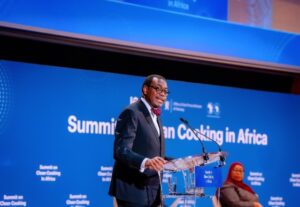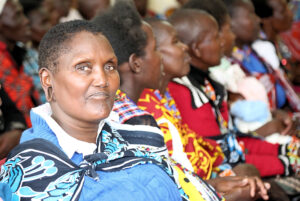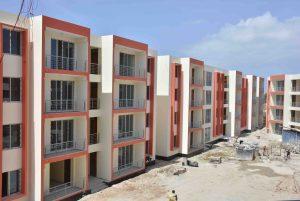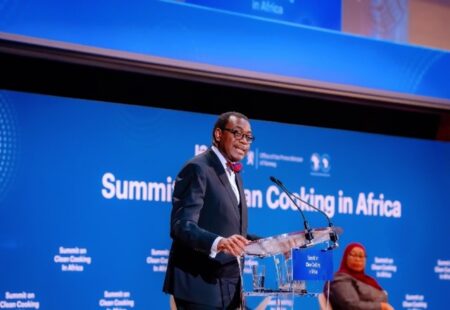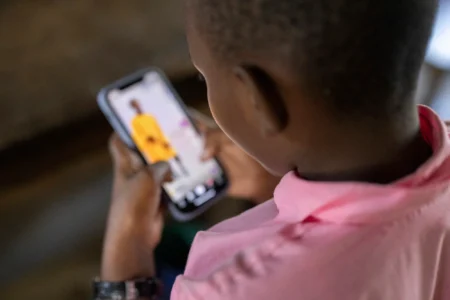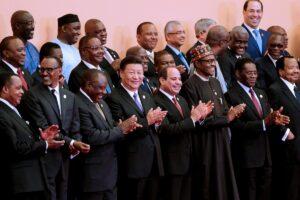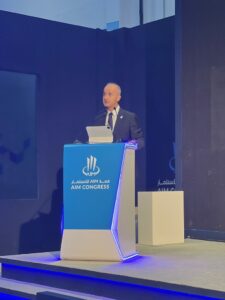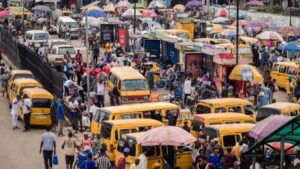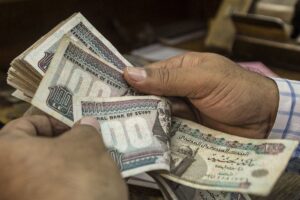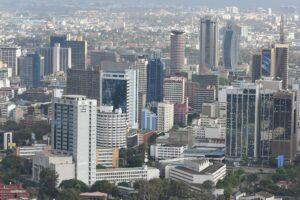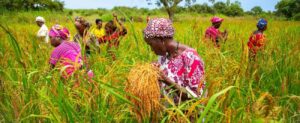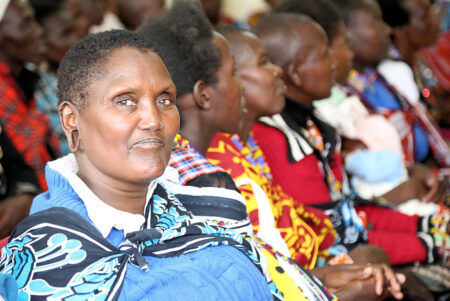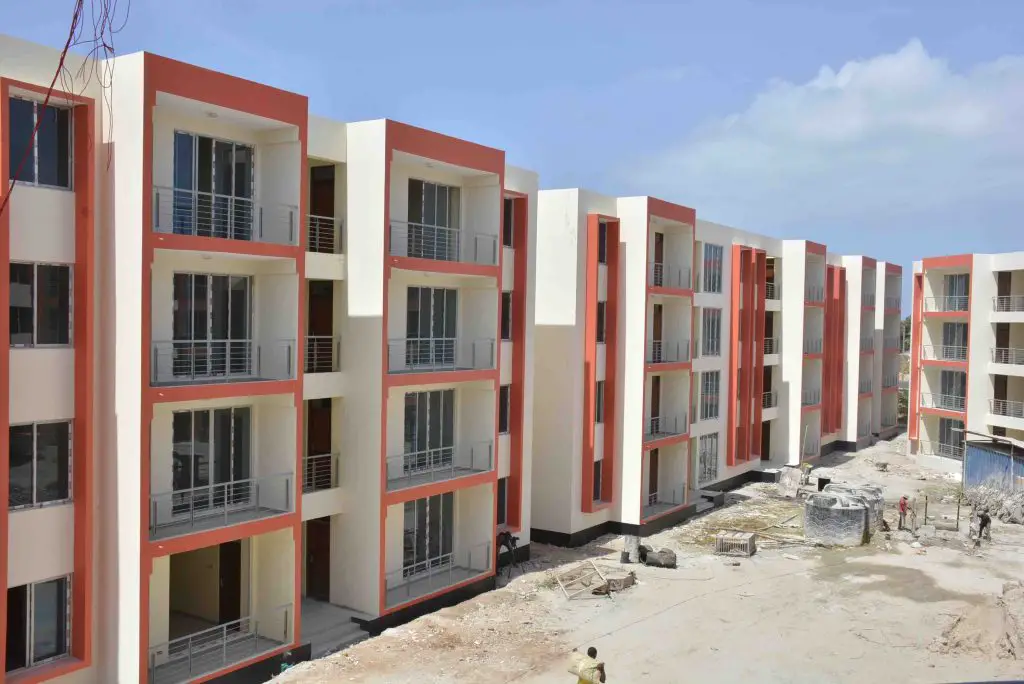- AfDB commits $2 billion to revolutionise clean cooking in Africa, save forests
- The harsh realities of family laws for African women revealed
- Kenyan home buyers shift preferences, seek affordable housing despite market downturn
- How startup Yeeo is shaping the future of business contacts with eco-friendly innovation
- Stakeholders in Nairobi seek to unlock Kenya’s green jobs potential
- Alarming surge in online child exploitation sweeps Africa
- Beijing tightens China-Africa grip as trade rivals US, Russia seek bigger slice
- Exploring the Forex CFD Trading Landscape in Africa in 2024
Countries
- In Africa, a staggering 1.2 billion people lack access to clean cooking facilities.
- Lack of clean cooking facilities is one of the main causes of deforestation in Africa.
- AfDB funding is a major step along the road to saving the lives of 600,000 mainly women and children each year.
The African Development Bank Group (AfDB) has pledged $2 billion over the next decade towards clean cooking initiatives in Africa, marking a huge stride in the effort to save the lives of 600,000 people, predominantly women and children, each year. This commitment aims to address the health hazards associated with traditional cooking methods that rely on charcoal, wood, and biomass, which contribute to severe respiratory illnesses and environmental degradation.
At a summit on Clean Cooking in Africa, held in Paris, AfDB President Dr. Akinwumi Adesina announced that the Bank would allocate 20 per cent of its energy project financing to promoting …
- Across Africa, gender inequality in marriage, divorce, custody, and property rights is perpetuated by sex discrimination embedded in both legal systems and customary laws.
- Discriminatory family laws have profound impacts, increasing the risk of sexual and gender-based violence for women and girls.
- Laws in Cameroon, Nigeria, Senegal, South Sudan, Sudan, and Tanzania still allow child marriage.
Discrimination against women and girls remains widespread in family laws across Africa, according to new research by Equality Now. An analysis of 20 African countries reveals that gender inequality in marriage, divorce, custody, and property rights is perpetuated by sex discrimination embedded in both legal systems and customary laws. Despite some significant legal reforms, progress has been slow, inconsistent, and hindered by setbacks, lack of political will, and weak implementation.
The report, “Gender Inequality in Family Laws in Africa: An Overview of Key Trends in Select Countries,” highlights how overlapping and …
- Kenya’s Green Jobs Potential will be key in preserving the country’s natural heritage and combating the challenges posed by climate change.
- PS Labour and Skills Development Shadrack Mwadime warned that the transition to green economy has far reaching implications for the world of work
- Green jobs are becoming a crucial driver of sustainable development in Kenya,
Stakeholders in the environment conservation sectors are deliberating on ways to unlock Kenya’s potential as a global hub for digital work and green jobs. The government, jointly with Jacob’s Ladder Africa, International Labour Organisation, United Nations Environment Programme and United Nations Children’s Fund, are in talks in Nairobi to align government priorities with the demands of the green job market.
Kenya National Green Jobs and Skills Development Workshop, brings together stakeholders from government, academia, private sector, finance, and youth-led groups to address the critical need for green jobs and skills development in …
- Nigeria’s cost of living crisis has been the worst in decades, exacerbated by worsening food insecurity and record inflation.
- The lack of enough resources has led to insecurity in Nigeria as people fight for scarce resources and food.
- In response to Nigeria’s cost of living crisis, Tinubu announced a state of emergency in July and intends to begin grain distribution in the coming weeks.
Tinubu’s Reforms worsen Nigeria’s cost of living crisis
Nigeria, Africa’s largest economy, is grappling with the worst cost of living crisis in decades and a worsening food security situation. A significant portion of the population is experiencing extreme food insecurity. After assuming power in May 2023, Bola Tinubu’s administration adopted bold but unpopular reforms that further strained the already-battered economy.
Nigeria imports food and fuel and was buffeted by rising commodity prices due to a glim global economic situation in the last two years. President Tinubu …
- In Kenya, a concerning 75.4% of women journalists have reported experiencing online harassment.
- Several sub-Saharan African countries have enacted national frameworks, such as the Cybercrimes Act to counter the menace.
- However, while legal frameworks provide avenues for recourse, more proactive measures are needed to combat online violence effectively.
In an era dominated by digital platforms and social media, the rise of disinformation and online harassment poses significant challenges for journalists across the globe.
According to Clarice Wambua, a lawyer at leading corporate and commercial law firm Cliffe Dekker Hofmeyr (CDH) Kenya, this is especially true for women journalists in sub-Saharan Africa, who provide a vital service to society and must not be bullied into silence.
She notes that the pursuit of truth is of utmost importance, but women journalists in Africa often encounter difficult situations. Despite their valuable contributions to the field, they often face different types of harassment, which …
- Egypt’s economy has recently been on life support as the national debt continued to mount.
- The investments from Saudi Arabia and further funds anticipated from the World Bank and IMF will give Egypt enough cash to meet its debt obligations and maintain stability in its recently floated currency.
- The significant official and bilateral support announced and marked policy steps that Egypt has taken will, if maintained, support macroeconomic balancing.
Egypt’s economy on life support
Egypt’s economy has recently been on life support as the national debt continued to mount. The Egyptian currency has weakened against the US dollar, with rising inflation rates close to 30 per cent, occasioning a capital flight. Moreover, the overlapping global shocks and the domestic supply of bottlenecks have adversely impacted the country’s economic activity.
Egypt has also suffered from rising global interest rates and soaring commodity prices in international markets. These overlapping factors widen the …
- Kenya’s private sector activity and new orders rises for the first time in six months.
- Selling price inflation hits long-run average as cost burdens ease.
- However, PMI shows lowest confidence towards future output in the survey’s history.
Kenya’s business conditions improved in February, expanding private sector activity due to a further softening of inflationary pressures supported a fresh increase in new order volumes.
Stanbic Bank Kenya Purchasing Managers Index (PMI) for February registered at 51.3 per cent as lower fuel prices helped to cool input cost inflation to a 26-month low, supporting the softest increase in output prices for one-and-a-half years.
Improving business conditions are said to have led Kenyan companies to expand staffing levels at a faster rate albeit by largely hiring casuals pointing to a cautionary stance towards hiring permanently.
Nevertheless, confidence regarding future activity fell to a survey low, suggesting a broad degree of uncertainty that activity …
- The African Development Bank has donated $20 million to Senegal to enhance food security and support small producers post-COVID through the PRESAN-PC project.
- Infrastructure development, including agricultural boreholes and solar-powered systems, aims to increase farm production and resilience to climate change.
- The project benefits vulnerable women and youth, includes contributions from various sources, and impacts 31,000 households across multiple Senegalese regions.
In an ambitious move to ensure food security and enhance the livelihoods of its small producers, Senegal has received a significant financial boost. On a notable day in March 2024, the African Development Bank Group allocated a $20 million donation to the nation for the Post-Covid Food and Nutrition Security Enhancement Project (PRESAN-PC).
The initiative aims to transform Senegal’s agricultural landscape, benefiting vulnerable women and young people through increased farm production and income.
African Development Bank’s $20 million donation to Senegal
The African Development Bank’s generous donation comes from …
- The Biden administration has refined US sanctions on Zimbabwe targeting specific leaders linked to human rights abuses and corruption.
- New sanctions leverage the Global Magnitsky Act, and they focus on individuals and entities undermining democracy and involved in graft.
- The strategy supports the objectives of the Zimbabwe Democracy and Economic Recovery Act, emphasizing the need for political and economic reforms in Zimbabwe.
In a policy shift, President Joe Biden has overhauled the United States’ sanctions strategy towards Zimbabwe, introducing a set of measures aimed directly at key figures within President Emmerson Mnangagwa’s administration.
This move marks a departure from a broader sanctions regime that has been in place for over two decades, focusing instead on those at the heart of human rights abuses and corruption within the Zimbabwean government.
This restructuring of sanctions is part of the US’s ongoing commitment to fostering accountability for human rights abuses and corruption in …
